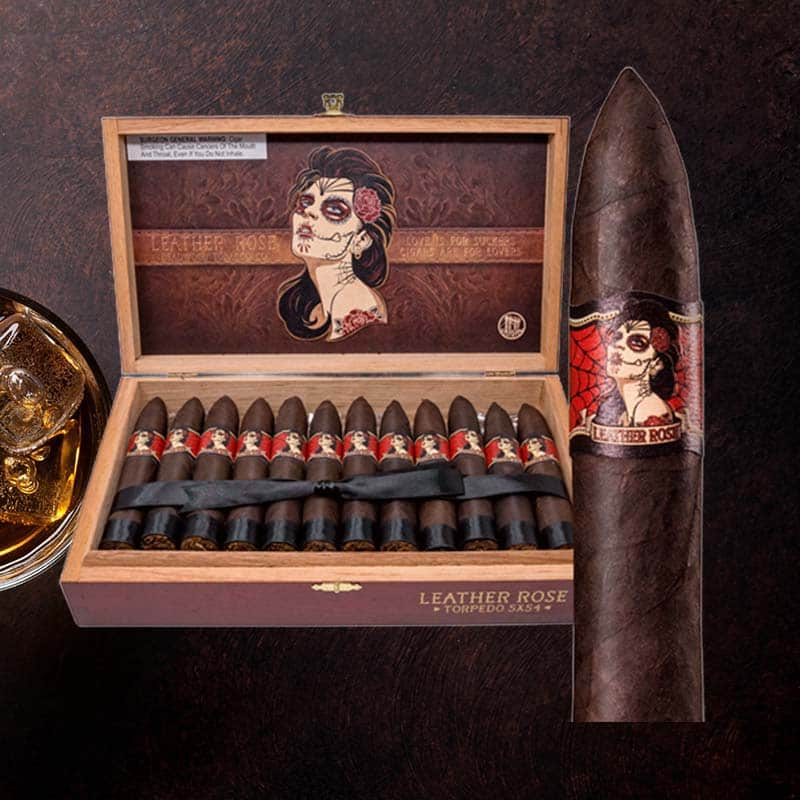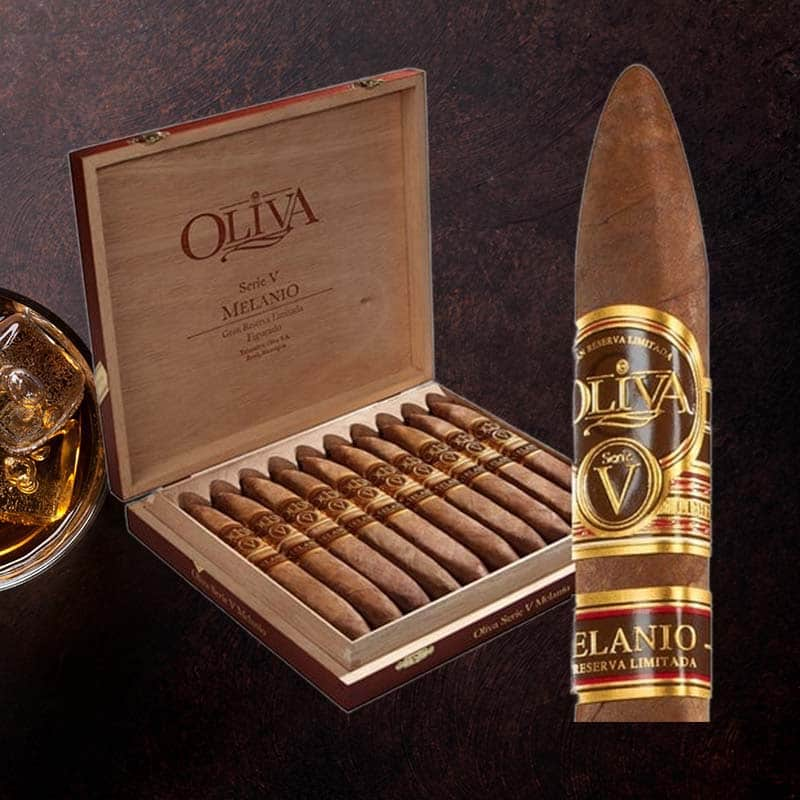Handheld lighter torch
As an avid cigar enthusiast, I find myself constantly refining my smoking ritual, and one of the essential tools in my collection is a reliable handheld lighter torch. A well-crafted lighter can elevate the experience, making it enjoyable and precise. From the first flick of the ignition to the warming glow of the flame, each ignition is a promise of a moment well spent. In this guide, I will share everything I’ve discovered about handheld lighter torches—from their features to how to maintain them to ensure they last for years to come.
Features of Handheld Lighter Torches
Flame Types
When choosing a handheld lighter torch, understanding the different flame types is crucial. The main options include:
- Jet Flame: This type produces a concentrated, directed flame that reaches higher temperatures quickly, perfect for lighting cigars.
- Regular Flame: More similar to a standard lighter, this flame offers a broader reach but is less intense.
- Soft Flame: Ideal for delicate tasks, the soft flame provides a gentler touch, useful for cooking or lighting candles.
Fuel Capacity
A lighter’s fuel capacity determines how long it will operate before needing a refill. Most handheld torch lighters hold enough butane to last several sessions, so I often compare capacities before making my purchase. Larger tanks may seem appealing, but they also introduce bulk, so I recommend finding a balance between size and longevity based on your usage habits.
Material Durability
The durability of the materials used in handheld lighter torches plays a crucial role in their lifespan. Common materials include:
- Metal: Offers rugged durability, protecting the lighter from accidental drops and scratches.
- Plastic: Lightweight and often more affordable, but may not withstand extreme conditions as well as metal counterparts.
- Composite Materials: Combining advantages of both, these can offer a balance of weight and durability.
Safety Features
Safety shouldn’t be overlooked when shopping for a handheld lighter torch. Look for features like child-resistant mechanisms, flame guards, and automatic shut-off functions to ensure a secure and responsible lighting experience.
Choosing the Right Handheld Lighter Torch
Understanding Your Needs
Before diving into options, assess what you’ll primarily be using the torch for. Casual use, serious cigar smoking, or culinary applications all have different requirements, and this reflection will help narrow down your choices.
Portable vs. Desktop Models
As someone who often travels for my cigar indulgences, portability plays a significant role in my selection:
- Portable Models: Compact and lightweight, perfect for on-the-go use. I pack mine for camping trips and backyard barbecues.
- Desktop Models: Larger, often more powerful torches that provide stability and fuel capacity, great for at-home usage.
Popular Handheld Lighter Torch Brands
Benefits of Brand Quality
Choosing a reputable brand often means higher quality, better safety features, and reliable customer service. In my experience, investing a bit more upfront pays off with longevity and performance.
Top Brands in the Market
- Zippo: Iconic brand, known for its durability and refillable fuel options.
- Blazer: Offers a range of torches perfect for serious cigar aficionados.
- Colibri: Stylish designs and innovative features make this a popular choice among collectors.
Comparing Handheld Lighter Torches
Jet Flame vs. Regular Flame
When it comes to performance, jet flames often edge out regular flames in terms of efficiency and temperature. However, for tasks requiring a soft touch, regular flames can be more appropriate.
Manual vs. Automatic Ignition
My preference leans towards automatic ignition for speed and convenience. Manual ignition offers a hands-on approach but may require more time and effort, which can be frustrating in the moment.
Advantages of Using Handheld Lighter Torches
Versatility in Applications
From lighting cigars to crafting in the kitchen, these torches are incredibly versatile. I’ve used mine for everything from lighting campfires to touching up dishes.
Ease of Use
The design and mechanics of a handheld lighter torch are often user-friendly, making it an accessible tool for everyone. I can ignite my cigar effortlessly.
Portability
Most handheld lighter torches fit comfortably in pockets or bags, making them ideal companions on outings. I can’t count how many times my torch sparked joy during camping trips or cliffside picnics.
How to Maintain Your Handheld Lighter Torch
Cleaning and Care Tips
I regularly clean the nozzle and refill ports to ensure optimal performance. A tiny brush or compressed air can help clear any debris, ensuring my lighter operates smoothly.
Refueling Process
Refueling is straightforward: ensure the lighter is empty, hold it upside down, and insert the butane nozzle. I prefer to refuel in a well-ventilated area to avoid any mishaps.
Common Issues and Troubleshooting
What to Do When Your Lighter Doesn’t Ignite
If my lighter fails to ignite, I first check for fuel. If that’s not the issue, then it’s time to inspect the jet nozzle for clogs or blockages.
Recognizing Fuel Problems
Struggling with flame consistency often indicates fuel issues. If I notice wobbly flames, refueling or checking for leaks is my go-to action.
Safety Tips for Using Handheld Lighter Torches
Using in Public Spaces
When using a lighter in public, I always remain aware of my surroundings and the people nearby. Respecting others keeps the environment enjoyable for everyone.
Fire Safety Precautions
Always have a plan for handling emergencies. I keep a small fire extinguisher on hand when working with my torch in my kitchen or outdoor setups.
Handheld Lighter Torch Accessories
Protective Cases and Sleeves
Investing in a protective case not only adds style but enhances longevity. I love the peace of mind my padded sleeve provides during travel.
Refillable Fuel Sources
I prefer to use refillable fuel that matches my torch’s specifications. This consistency ensures optimal performance every time I light up.
Cost Considerations for Handheld Lighter Torches
Budget Models vs. Premium Options
While budget models may tempt me in terms of affordability, premium options often boast better durability and performance. I choose based on frequency of use.
Long-term Savings on Fuel and Maintenance
Investing in a high-quality torch may mean higher upfront costs; however, it pays off in the long run through fuel efficiency and fewer repairs.
Customer Reviews and Recommendations
What Users Are Saying
Customer reviews often provide insight into the real-world experiences of other users. I pay close attention to feedback regarding durability and flame consistency.
Top-rated Products and Their Features
Some of my favorite features include butane refillability, adjustable flame settings, and ergonomic designs, which elevate the overall experience.
Where to Buy Handheld Lighter Torches
Online Stores vs. Local Shops
While I enjoy the instant gratification of purchasing locally, online stores often provide a wider selection and the opportunity to compare models easily.
Key Factors in Selecting Retailers
Reputation, return policy, and customer service experience weigh heavily on my choice of retailer. I always read reviews before making a purchase.
Handheld Lighter Torches for Specific Uses
Best for Campers and Hikers
For my outdoor adventures, I prefer lightweight and reliable lighters that can withstand wind and rain.
Choosing a Torch for Kitchen Use
In the kitchen, adjustable flame settings become particularly important as I often find myself melting sugar or toasting meringues.
FAQs about Handheld Lighter Torches
What Is the Best Fuel Type?
Butane is generally considered the best fuel type for handheld lighters due to its clean burn and easy refill capabilities.
How Long Do They Typically Last?
The lifespan of a handheld lighter varies significantly but can last several years with proper care and regular maintenance.
Future Trends in Handheld Lighter Torches
Innovations in Design
As the market evolves, I’ve noticed newer models integrating smart technology, offering features like adjustable flame intensity via mobile apps.
Eco-friendly Options
With increasing awareness, eco-friendly lighters using renewable fuels or recyclable materials are emerging. I believe this trend will be pivotal in the future.
Common Questions
Why are torch lighters not allowed?
Many places restrict torch lighters due to their intense flames, which can pose fire hazards in enclosed or crowded areas.
What is the difference between a torch lighter and a flame lighter?
A torch lighter produces a concentrated, wind-resistant flame, while a flame lighter creates a softer, more traditional flame.
How hot can a handheld lighter get?
Handheld lighters can reach temperatures of up to 2,500 degrees Fahrenheit depending on the fuel type and design used.
Is butane or propane torch better?
Butane is better for handheld lighter torches due to its cleaner burn, while propane is often used for larger applications such as grilling.
















